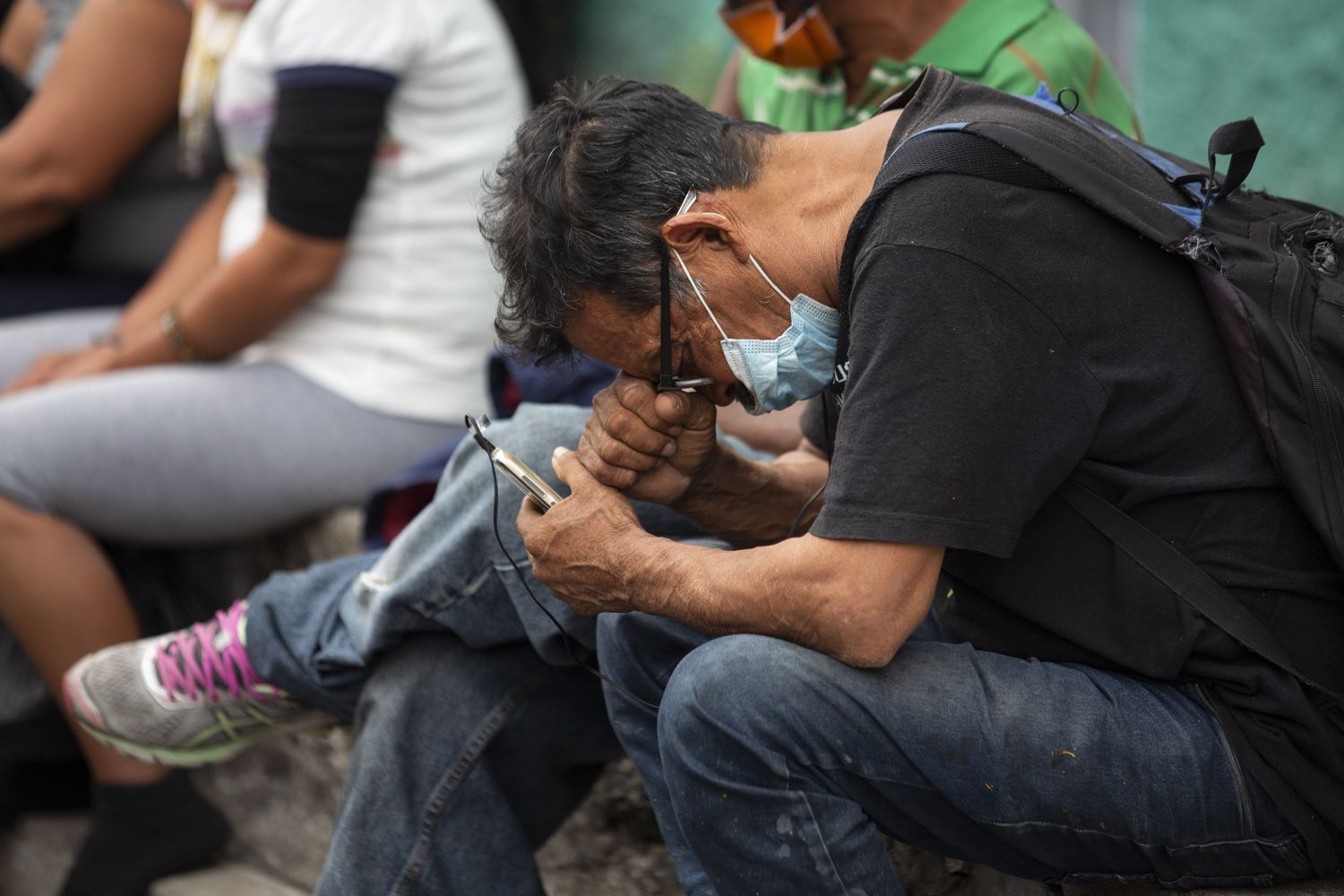RIO DE JANEIRO, BRAZIL – From low growth to recession with no continuity solution. The coronavirus has turned Latin America‘s bleak economic horizon into the worst in more than half a century, says Alejandro Werner, head of the International Monetary Fund (IMF) for the region.

The economic branch of the United Nations for the development of Latin America and the Caribbean, ECLAC, on Friday joined the pessimism regarding the slowdown of activity on a global scale and the impact that this will cause in a region constantly exposed to the fluctuations of raw materials, manufacturing, tourism, and shipments.
The shock will be particularly strong in a social development key metric: extreme poverty. According to the body’s figures, should the advancing pandemic cause the average income of the working population to drop by five percent, the number of Latin Americans in extreme poverty will rise from 67.5 million today to 82 million.
If the drop in income of the economically active population is ten percent, the number will soar to 90 million (i.e. 22 million more people than today).
Even before the advent of Covid-19, the region was not on the right path to end the scourge of extreme poverty within a decade, as proposed in a UN plan. After a long decade of improvement, the rate of extreme poverty in Latin America -the most unequal region in the world- has already increased by more than five years on an already very high base: after the 2012 minimum (8.2 percent), this percentage has risen to double digits.
The low growth and lower redistributive power of many of the region’s governments were already being felt recently in this key indicator of social progress, but the pandemic is the worst blow: absent the Covid-19 impact, this indicator would reach 10.7 percent by the end of this year; with the coronavirus already on the risk map, it will skyrocket to 13.3 percent.
For 2030, prior to the new scenario, the most optimistic estimates (which contemplated a 1.5 percent reduction in inequality and a five percent increase in per capita GDP) pointed to extreme poverty of around 2.9 percent in 2030; the most pessimistic (with no change in the distributional pattern and a per capita growth of one percent), to almost nine percent.
But the shock caused by the virus in the very foundations of the economy is, once again, the worst blow: today the most optimistic projection points to extreme poverty of 5.7 percent of the population in 2030 and the most pessimistic, of 11.9 percent.
“The world is facing a health and humanitarian crisis unprecedented in the last century,” said Alicia Bárcena, Executive Secretary of ECLAC, on Friday, presenting a study on the economic and social consequences of the virus in the region. “The world will not be the same after this pandemic and the economic reactivation will take time”.
“It is not a financial crisis, but one of health and welfare. And the role of the State, not the market, will be crucial: it is the State, the public, that will get us out of this crisis. We cannot go back to the same paths that did not lead to these great abysses”, said Bárcena in Santiago. “We are facing a change of era, of paradigm. And we have to change our development model.”
At the macroeconomic level, ECLAC projects a multiple blow for Latin America, essentially through six channels: decreased economic activity in its main partners (United States, Europe and China), cheaper raw materials, interruption of global value chains, less tourism activity, reduced remittances and intensification of risk aversion in world markets.
“We are facing a deep recession,” she warned. It is still early to talk about numbers, but ECLAC believes that the initial estimate of an impact of 1.8 percent of GDP is now obsolete. “If we add up the impact it is having in the US and Europe, as well as China, we are now talking about three or four percent”.
Although the economic impact of the social distancing measures will be heavy, Bárcena called for these measures to be maintained or increased: “If we don’t comply with the quarantines in Latin America and the Caribbean, the economic impact will be much greater,” she said.
As a response to this new economic outlook, “regional integration is crucial to tackle the crisis, regardless of political differences,” said the head of ECLAC. “The most urgent is to rebuild regional value chains to reduce external volatility”.
“It is perhaps an opportunity to look inward”. This time, “the lifeboat will not be raw materials: the thrust will come from the tax packages,” she noted. And Latin America “does not have enough room” to react to the situation with the same vigor as developed economies.
Faced with this situation, according to Bárcena, the most convenient option would be for the international community to support middle-income countries through “a reduction or rescheduling” of their debt. “We need innovative, out-of-the box measures: we need the IMF and the World Bank to help us.”
On a strictly sanitary level, Bárcena recalled that the current level of available hospital beds in Latin America and the Caribbean is far from that in Europe, where the coronavirus is inflicting damage and showing that no health system is strong enough to withstand a shock of this magnitude.
In the region, the only countries with a similar level of bed availability to the European Union are, according to data from ECLAC, Cuba and two small Caribbean nations: Barbados and St. Kitts and Nevis. And the average public spending on health in Latin America and the Caribbean barely exceeds 2.2 percent, a third of what the Pan American Health Organization (PAHO) recommends.
Source: El País

